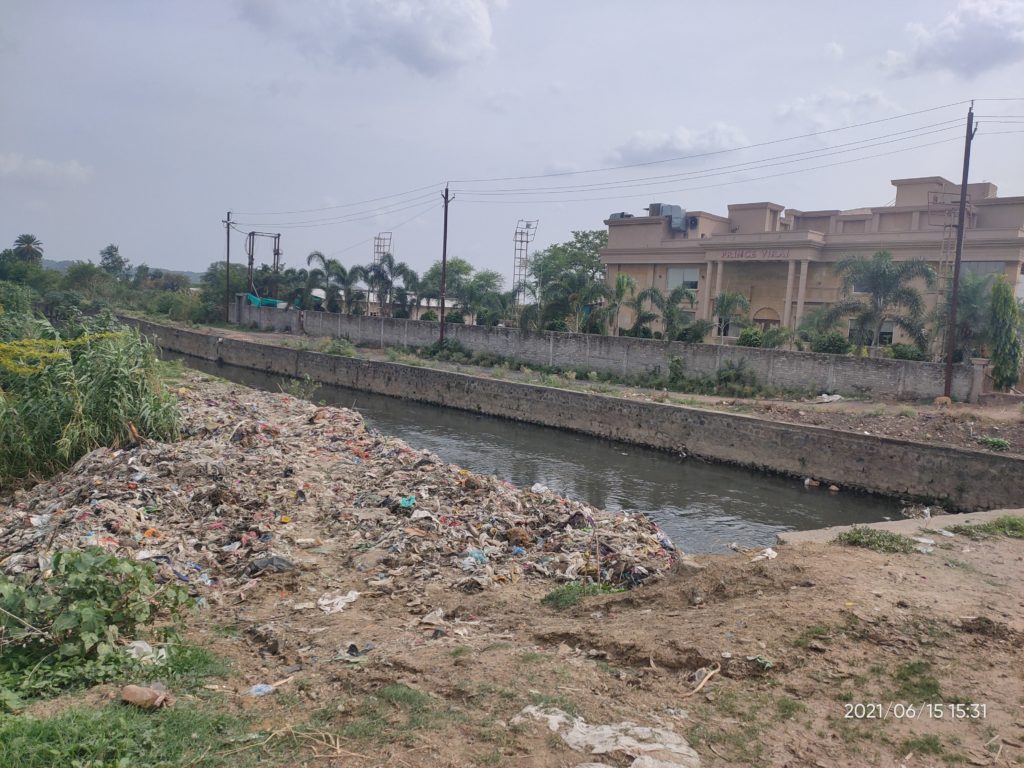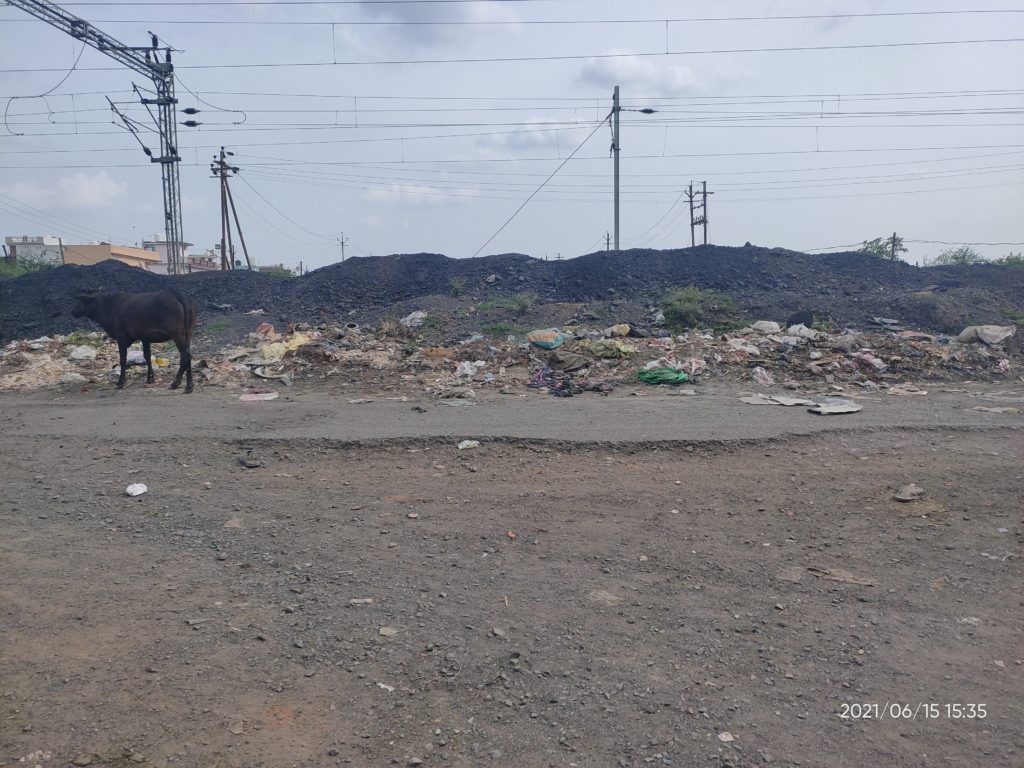Undeniably a noble ideal, zero waste is an impossibility for nearly every human living in poverty or in developing nations. While we should all strive to reduce plastic consumption, the truth is far too many people worldwide don’t have access to basic waste management, nor the ability to choose products without plastic packaging. It should be a goal of zero-waste advocates to ensure all products at all price points are earth friendly. Is it a big ask? Possibly, but the alternative is a quarter of the human population polluting the planet at exorbitant rates without recourse.
I came to India in March of 2017, to meet my then-fiancé. He and his family were upper class, so I didn’t think things would be vastly different than my life in America. I expected culture shock, a new language, exciting food, but not piles and piles of garbage. I landed in Delhi and felt the heaviness of the smoggy air squeezing my chest like a vice. In the taxi to our hotel, I saw people burning small piles of plastic or throwing trash onto the streets. There were no trash cans in sight. After a lengthy train ride I arrived in Jabalpur. I can vividly remember my shock when my in-laws told me to throw our garbage in the empty plot next door.

An open sewer with trash near a swanky hotel
I don’t think I’d ever littered in my life. My mother impressed upon me from childhood the importance of recycling, and we would often volunteer to do roadside clean-ups together. I could only think what my mom would say if she knew. My teeth clenched with discomfort and I lamented the injustice of it all. I tried (at the very least) to keep trash in bags, so that it wouldn’t spread all over the streets. If we ate snacks in the car, I’d get confused looks when I stashed the wrapper in my pocket to take home, instead of disposing it out the window like everyone else. I struggled with the horror of knowing what was happening and the inability to do anything about it. The smog and acrid scent of burning plastic always gave me a migraine, so I stopped going out.
About a year after I moved to India, we started getting semi-regular trash service. Even so, the neighborhood continues to toss their trash here, there, and everywhere. Partially out of habit or “convenience,” but also partially due to the fact that sometimes the garbage truck doesn’t come at all. People here live their lives seemingly unaware of the plastic menace, or perhaps are so inundated by it that they don’t see the point in caring. Although India has technically banned plastic bags shopkeepers still hand them out like candy. There is no such thing here as “eco-friendly” packaging, nor is there a recycling system.

Piles of coal and garbage near a poor neighborhood.
Without access to waste management services, even well-off people burn their trash or throw it near their homes because there is no alternative. According to the World Bank, “In low-income countries, over 90% of waste is often disposed in unregulated dumps or openly burned”. However, this isn’t just happening in undeveloped countries. Many developed nations have waste services that aren’t affordable or accessible to all citizens, especially in rural areas and First Nations. This cannot continue. We all deserve a good quality of life and a clean environment.
I’ve witnessed families in India living atop enormous trash heaps. There is an entire class of people here who pick through trash, looking for scraps to sell. Many are children who will live and die without hope of escaping poverty or getting a basic education. If we eliminate plastic waste products, how will these people earn money? It’s not that we should keep polluting so that these people can continue to eke out a desperate living in waste management. But when we envision the future, where do the world’s least privileged fit in?
In order to build a zero-waste movement that works for everyone, collaboration is key. Exploring ideas and discussing options together can create a world where zero waste is a tangible reality. Send letters to major companies with international appeal (Coca-Cola, Pepsi and Nestle are the #1 polluters in the world). Create job opportunities à la the Green New Deal for unskilled laborers, like making plastic bricks from water bottles and creating a market for “recycled” building materials. Petition your local and global political leaders for strict regulations on major polluters. Find out the status of how accessible your local waste management services are, and contact community leaders about it. Spend time talking with your friends and family about the struggles people living without waste management services face. Through awareness of these issues we can build a zero waste movement that is truly inclusive and accessible.
Perhaps it sounds counter-intuitive, but there are many things people in developed nations can learn from those living in developing countries. Limiting water consumption, re-purposing/repairing everything, minimal dependence on electricity, hand-making clothing, and cloth diapering are just a few examples of habits people in developing nations practice. Using a bucket and a cup to “shower” is a water-saving method I’ve become accustomed to. It’s still discomfiting to think how wasteful I’d been in the past while bathing, but nobody is perfect!
We are at a dangerous tipping point, and every action by every individual is relevant to the outcome of Earth’s future. It’s imperative to make your voice heard on this issue, because it matters. The simple act of spreading awareness of the issues people face accessing waste services and eco-friendly products can help create meaningful change. Feel free to discuss ways we can make zero waste an accessible part of everyone’s lives. I’d love to hear your ideas!
Get more like this—Sign up for our daily inspirational newsletter for exclusive content!
___
Photo: Jessi Ferguson





